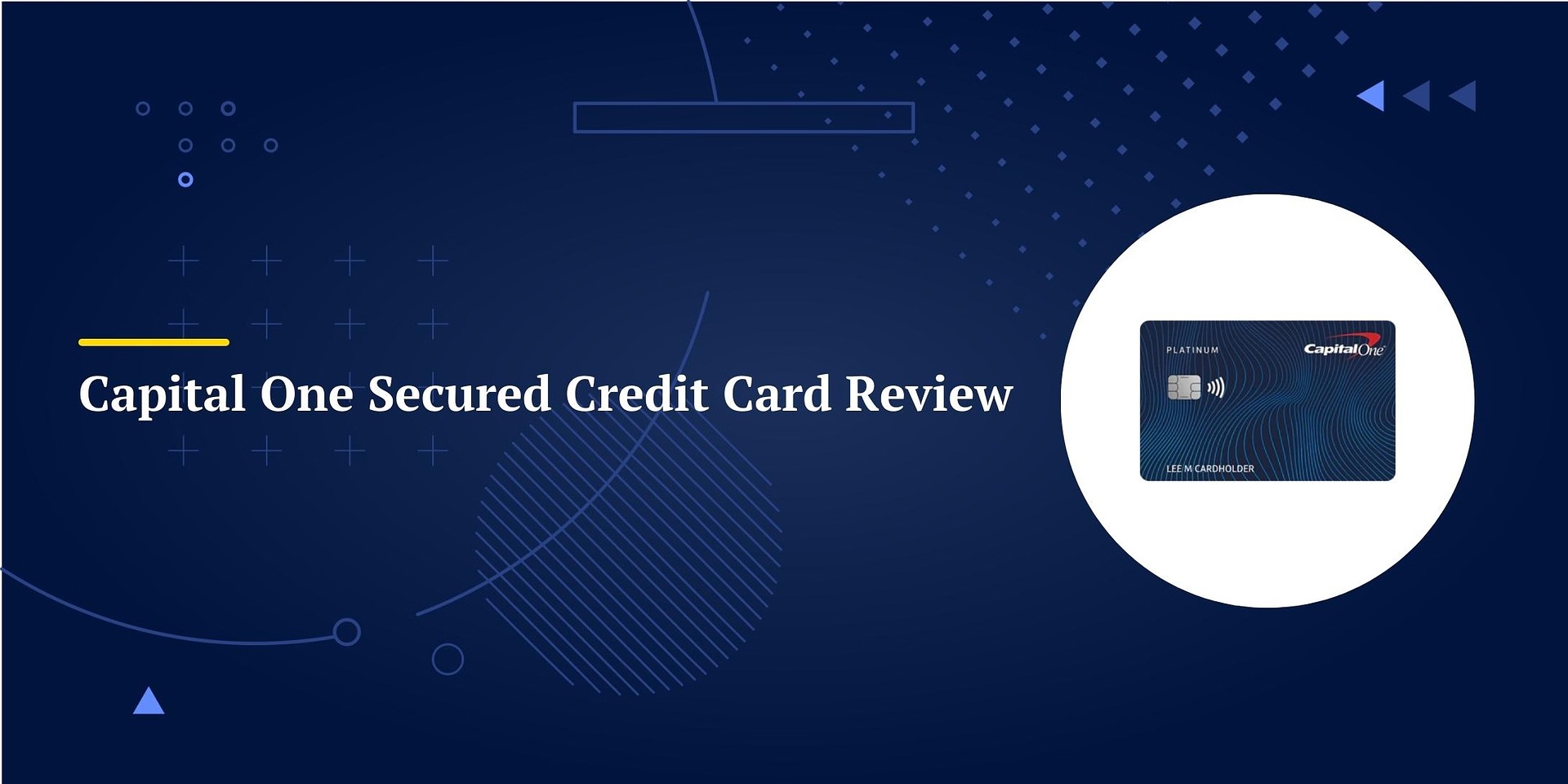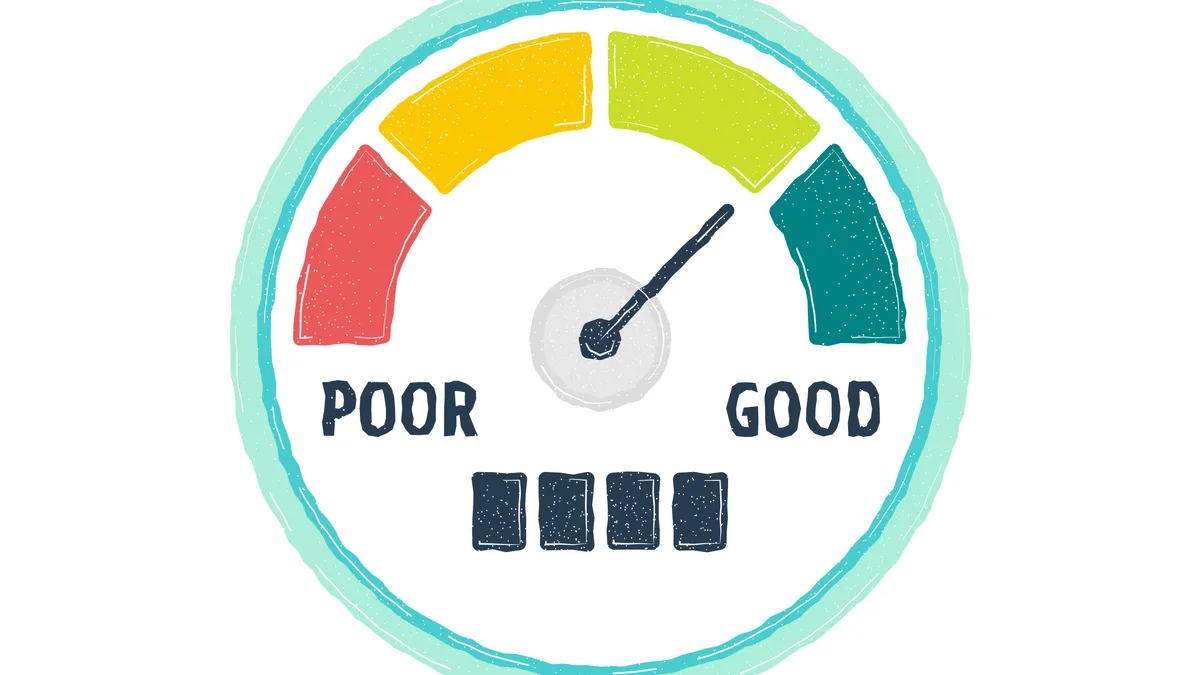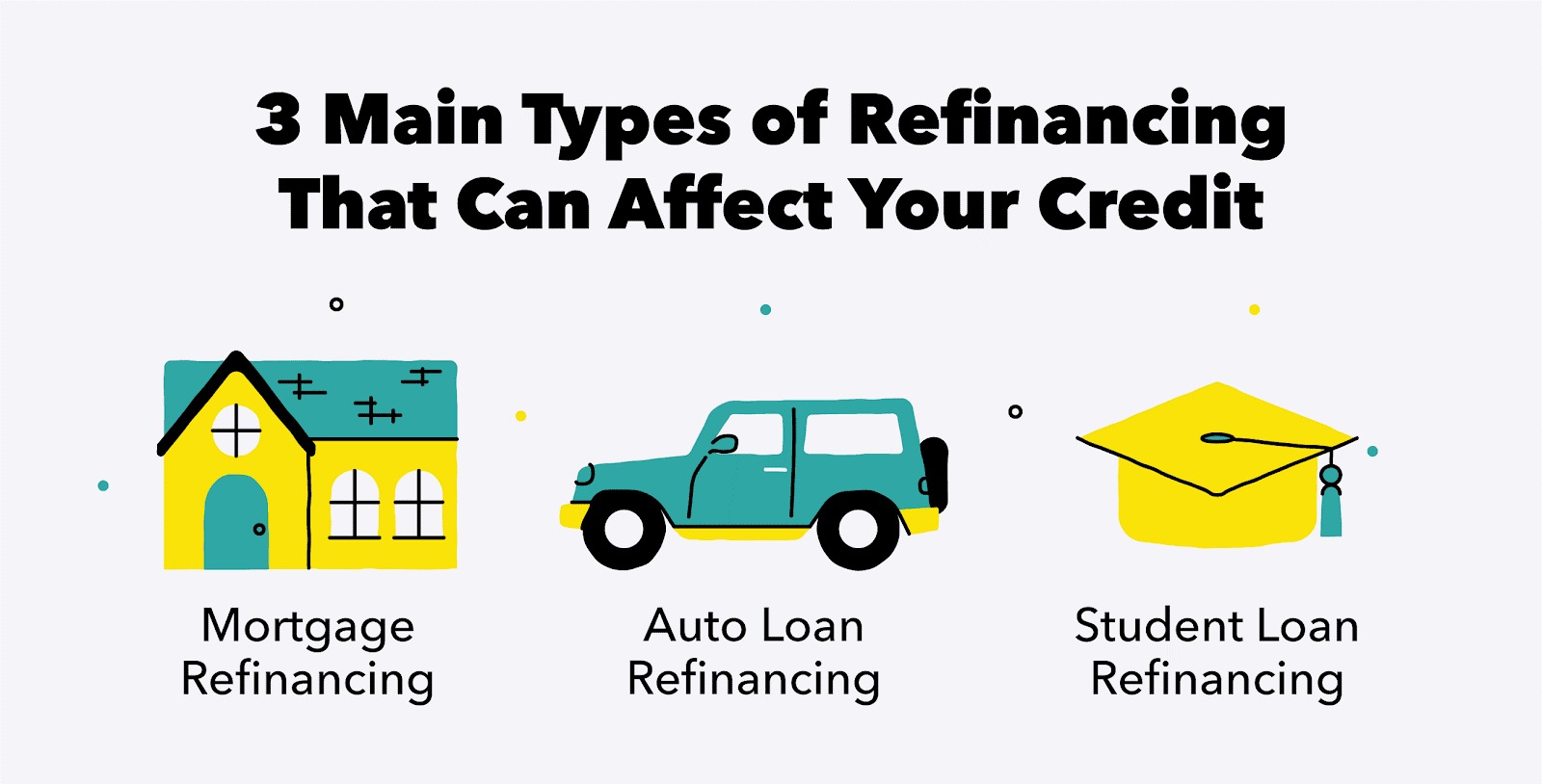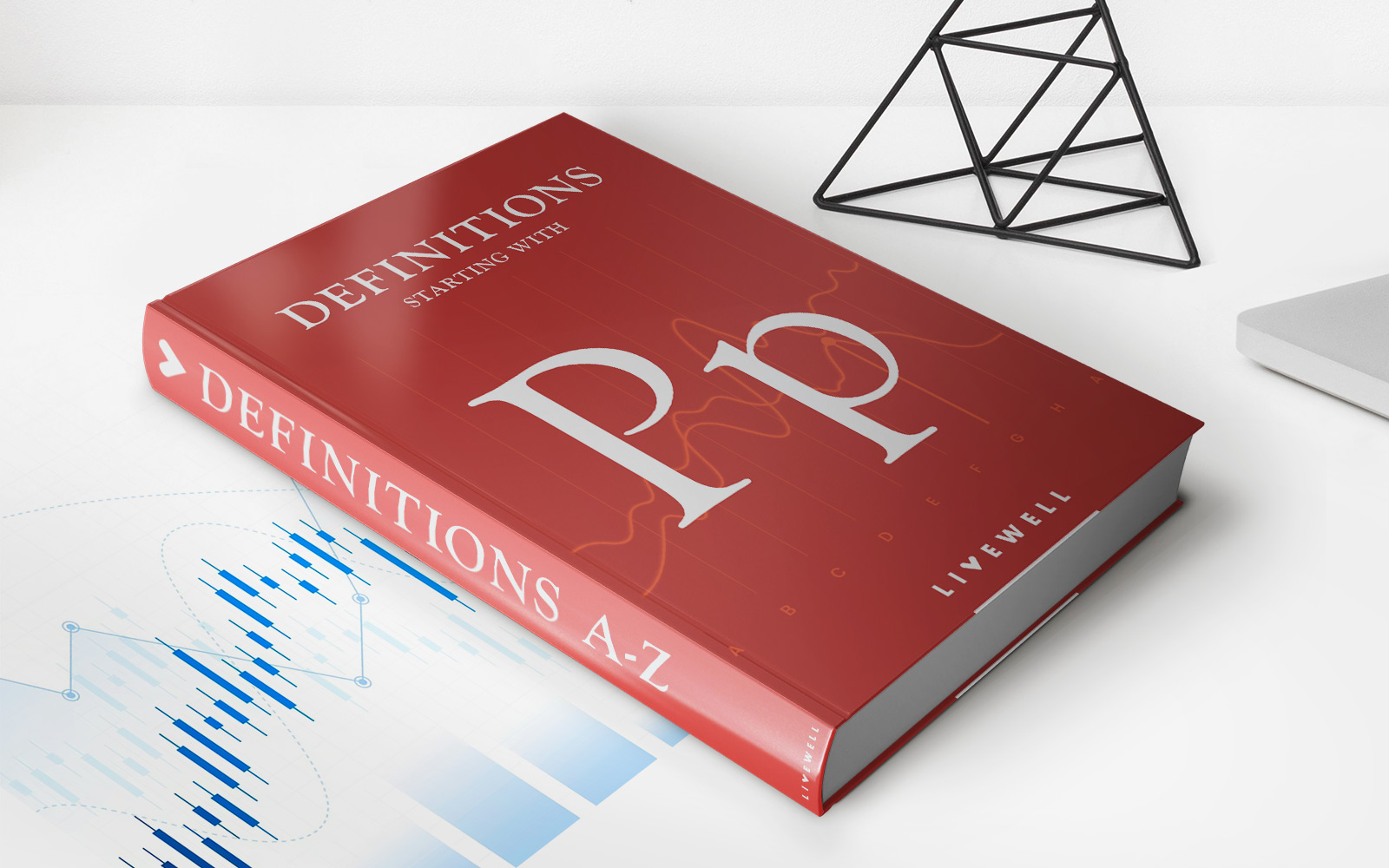Home>Finance>How Much Does A Secured Credit Card Help Your Score


Finance
How Much Does A Secured Credit Card Help Your Score
Modified: March 1, 2024
Boost your credit score with a secured credit card. Find out how much of an impact it can have on your financial standing.
(Many of the links in this article redirect to a specific reviewed product. Your purchase of these products through affiliate links helps to generate commission for LiveWell, at no extra cost. Learn more)
Table of Contents
- Introduction
- What is a secured credit card?
- How does a secured credit card work?
- How does a secured credit card impact your credit score?
- Benefits of using a secured credit card to improve your credit score
- Factors to consider when choosing a secured credit card
- Tips for using a secured credit card responsibly
- Conclusion
Introduction
Having a good credit score is essential for financial stability and flexibility. It allows you to access better loan terms, lower interest rates, and increased borrowing power. But what if you have a limited credit history or a poor credit score? This is where a secured credit card can be a valuable tool to help you rebuild or establish credit.
A secured credit card is a type of credit card that requires a cash deposit as collateral. The deposit acts as a security, reducing the risk for the issuer. This makes it easier for individuals with low credit scores or no credit history to obtain a credit card and start building or rebuilding their credit.
Unlike traditional credit cards, where the credit limit is determined by the issuer based on the applicant’s creditworthiness, the credit limit on a secured credit card is typically equal to the amount of the deposit made. For instance, if you make a $500 deposit, your credit limit will also be $500. This ensures that the issuer has a guarantee in case you default on your payments.
So, how does a secured credit card work, and how can it help improve your credit score? In this article, we will delve into the details of secured credit cards, their impact on your credit score, and the benefits of using one to build good credit. Additionally, we will discuss important factors to consider when choosing a secured credit card and offer tips on how to use it responsibly.
What is a secured credit card?
A secured credit card is a financial tool that allows individuals with limited or poor credit history to obtain a credit card. It requires a cash deposit to be made upfront, which then becomes the credit limit for the card. The deposit acts as collateral, reducing the risk for the card issuer.
Unlike traditional credit cards that rely on an applicant’s creditworthiness to determine the credit limit, a secured credit card offers a guaranteed credit limit that is typically equal to the amount of the deposit made. For example, if you deposit $500, your credit limit will also be $500.
Secured credit cards are often offered by banks and financial institutions to individuals who have a low credit score or no established credit history. By using a secured credit card responsibly, cardholders can demonstrate their ability to manage credit and improve their overall creditworthiness over time.
It’s important to note that a secured credit card operates much like a traditional credit card. You can make purchases up to your credit limit and are required to make monthly payments. Interest charges may apply if you carry a balance from one month to the next. Regular and timely payments on a secured credit card can help build a positive payment history and improve your credit score.
While the primary purpose of a secured credit card is to assist individuals in building or rebuilding credit, it can also be a useful tool for those who prefer to use a credit card with a set spending limit or are looking to avoid the temptation of overspending.
Now that we understand what a secured credit card is and its basic function, let’s delve deeper into how it works and how it can impact your credit score.
How does a secured credit card work?
A secured credit card operates much like a traditional credit card, with a few key differences. Here’s how it works:
- Security deposit: When you apply for a secured credit card, you’ll be required to make a cash deposit with the card issuer. The deposit amount typically determines your credit limit. For example, if you make a $500 deposit, your credit limit will also be $500.
- Credit limit: Your credit limit on a secured credit card is equal to the amount of the deposit you made. This ensures that the card issuer has collateral in case you default on your payments. It’s important to note that the deposit does not act as a payment towards your balance; it serves as security for the card issuer.
- Card usage: You can use your secured credit card for purchases, just like a regular credit card. However, it’s important to stay within your credit limit to avoid over-limit fees or potential damage to your credit score.
- Monthly payments: You will receive a monthly statement outlining your charges and the minimum payment due. It’s crucial to make at least the minimum payment on time each month to avoid late fees and negative impacts on your credit score. Making full or larger payments can help you reduce your balance faster and demonstrate responsible credit management.
- Interest rates: Similar to traditional credit cards, secured credit cards may have interest charges if you carry a balance from one month to the next. It’s important to check the interest rate terms and understand how they will affect your balance if you don’t pay it off in full each month.
- Building credit: As you use your secured credit card responsibly and make regular payments, your positive payment history will be reported to the credit bureaus. Over time, this can help improve your credit score and demonstrate your creditworthiness to potential lenders and creditors.
It’s important to note that not all secured credit cards work the same way, and the specific terms and conditions may vary between issuers. Be sure to carefully review the terms and fees associated with any secured credit card you’re considering before applying.
Now that you understand the basics of how a secured credit card works, let’s explore how it can impact your credit score.
How does a secured credit card impact your credit score?
A secured credit card can have a significant impact on your credit score, both positively and negatively. Here’s how it affects different aspects of your credit score:
- Payment history: Your payment history is one of the most important factors in determining your credit score. By making timely payments on your secured credit card, you build a positive payment history. This demonstrates to lenders that you are responsible with credit and can improve your credit score over time.
- Credit utilization ratio: The credit utilization ratio is the percentage of your available credit that you are currently using. Using a low percentage of your credit limit (ideally below 30%) shows that you manage your credit responsibly. With a secured credit card, you have a predetermined credit limit, so it’s easier to keep your credit utilization ratio in check.
- Credit mix: Lenders like to see a diverse range of credit types on your credit report. By adding a secured credit card to your credit mix, you show that you can handle different types of credit, which can positively impact your credit score.
- Credit age: The age of your credit accounts is another factor considered in your credit score. By opening a secured credit card and keeping it in good standing, you start building a credit history. Over time, as your secured credit card ages, it can positively impact your credit score.
- Hard inquiries: When you apply for a secured credit card, the card issuer may perform a hard inquiry on your credit report. While this may cause a temporary dip in your credit score, the impact is usually minor and fades over time.
It’s important to note that using a secured credit card responsibly and consistently is key to reaping the benefits for your credit score. Make sure to pay your bill on time, keep your balances low, and avoid accumulating too much debt. Over time, as you establish a positive credit history with your secured credit card, you may become eligible for unsecured credit cards or loans with better terms and conditions.
Remember, a secured credit card is a tool to help you build or rebuild your credit. It’s not a quick fix, and it requires patience and responsible credit behavior. By using your secured credit card wisely, you can improve your credit score and position yourself for better financial opportunities in the future.
Now that we’ve discussed how a secured credit card impacts your credit score, let’s explore the benefits of using a secured credit card to improve your creditworthiness.
Benefits of using a secured credit card to improve your credit score
A secured credit card offers several benefits that can help you improve your credit score over time. Here are some key advantages:
- Accessible credit: If you have a limited credit history or a poor credit score, getting approved for a traditional credit card can be challenging. Secured credit cards are designed specifically for individuals in this situation. By providing a cash deposit as collateral, you can gain access to a credit card and start building your credit history.
- Credit building opportunity: Using a secured credit card responsibly offers you an opportunity to build or rebuild your credit history. By making timely payments and keeping your credit utilization low, you demonstrate to lenders that you can handle credit responsibly. Over time, this can lead to an improved credit score and increased chances of being approved for other credit products.
- Gradual credit limit increase: Some secured credit card issuers offer the possibility of gradually increasing your credit limit over time. By consistently making on-time payments and managing your card responsibly, you may be eligible for an increase in your credit limit without the need for an additional deposit. This can enhance your creditworthiness and provide you with more financial flexibility.
- Credit monitoring and tools: Many secured credit cards offer credit monitoring tools and resources to help you stay on top of your credit. These tools can include access to your credit score, credit report, and educational materials to help you better understand and manage your credit. Utilizing these resources can empower you to make informed financial decisions and improve your overall credit profile.
- Establishing positive financial habits: Using a secured credit card requires discipline and responsible financial management. By consistently making timely payments, budgeting, and keeping your balances low, you develop positive financial habits that can benefit you beyond just your credit score. These habits can set the foundation for a strong financial future and help you achieve your long-term financial goals.
It’s important to remember that the benefits of using a secured credit card to improve your credit score can only be realized with responsible usage. Making timely payments, keeping your balances low, and avoiding excessive debt are key to maximizing the positive impact on your creditworthiness.
Now that you understand the benefits of using a secured credit card, let’s explore important factors to consider when choosing the right secured credit card for your needs.
Factors to consider when choosing a secured credit card
When selecting a secured credit card, it’s crucial to consider several key factors to ensure that you choose the right card for your financial needs and goals. Here are some important factors to consider:
- Annual Fees: Some secured credit cards may charge annual fees for maintaining the card. It’s important to weigh the benefits of the card against the cost of the annual fee. Look for secured credit cards with reasonable or no annual fees.
- Interest Rates: If you plan to carry a balance on your secured credit card, it’s essential to consider the interest rates. Look for secured credit cards with low APRs to minimize the amount of interest you’ll have to pay.
- Reporting to Credit Bureaus: To ensure that your responsible credit usage is reflected in your credit history, choose a secured credit card that reports to all three major credit bureaus – Experian, Equifax, and TransUnion. This is crucial for building your credit score over time.
- Deposit Requirements: Consider the minimum and maximum deposit requirements for the secured credit cards you are considering. Ensure that the required deposit amount is affordable for you and aligns with your desired credit limit.
- Upgrade Options: Some secured credit card issuers offer the option to upgrade to an unsecured credit card after a period of responsible credit usage. This can be advantageous, as it allows you to transition to an unsecured card without applying for a new credit card.
- Additional Benefits: Consider any additional perks or benefits offered by the secured credit card, such as cashback rewards, travel insurance, or extended warranty protection. While these benefits may not be a top priority when building credit, they can add value to your card in the long run.
- Issuer’s Reputation: Research the reputation and reliability of the card issuer. Look for secure credit cards offered by reputable banks or financial institutions that have a track record of excellent customer service and transparent practices.
It’s essential to carefully review the terms and conditions of each secured credit card you are considering to ensure that it aligns with your financial goals and budget. Comparing multiple options and reading reviews can help you make an informed decision.
Now that you understand the factors to consider when choosing a secured credit card, let’s explore some valuable tips for using a secured credit card responsibly.
Tips for using a secured credit card responsibly
Using a secured credit card responsibly is key to maximizing its benefits and improving your credit score. Here are some valuable tips to help you use your secured credit card responsibly:
- Make timely payments: Pay your secured credit card bill on time each month. Late payments can have a negative impact on your credit score and may result in late fees.
- Pay in full if possible: Whenever possible, pay your secured credit card balance in full each month to avoid accumulating debt and paying interest charges.
- Keep balances low: Aim to keep your credit utilization ratio low by keeping your balances well below your credit limit. This shows lenders that you are using credit responsibly.
- Stick to a budget: Create a budget and only use your secured credit card for expenses within your means. Avoid overspending and accumulating unnecessary debt.
- Monitor your credit: Regularly check your credit reports and credit scores to monitor your progress and ensure that all information is accurate. Address any discrepancies or errors promptly.
- Avoid cash advances: Cash advances on your secured credit card often come with high fees and interest charges. It’s best to avoid them unless absolutely necessary.
- Stay within your means: Only charge what you can afford to pay off. Remember that your secured credit card is not a tool for purchasing beyond your financial capacity.
- Build an emergency fund: Alongside using your secured credit card responsibly, work on building an emergency fund. This will help you handle unexpected expenses without relying solely on credit.
- Review your statements: Take the time to review your monthly statements to ensure that all charges are accurate. If you notice any discrepancies, contact your card issuer immediately.
- Be patient: Building credit takes time and patience. Use your secured credit card responsibly over an extended period, and you will begin to see improvements in your credit score.
By following these tips, you can establish a positive credit history, improve your credit score, and set yourself up for a strong financial future.
Now that you have a comprehensive understanding of using a secured credit card responsibly, let’s wrap up this article.
Conclusion
A secured credit card can be a powerful tool for building or rebuilding your credit score. By providing a cash deposit as collateral, you can gain access to credit when traditional credit cards may be difficult to obtain. Using a secured credit card responsibly, by making timely payments and keeping your balances low, can help you establish a positive payment history and improve your creditworthiness over time.
When choosing a secured credit card, consider factors such as annual fees, interest rates, reporting to credit bureaus, and deposit requirements. Research the reputation of the card issuer and look for additional benefits that align with your financial goals.
Remember to use your secured credit card responsibly by making timely payments, keeping balances low, and staying within your budget. Regularly monitor your credit and review your statements for accuracy. By following these tips, you can demonstrate responsible credit behavior and boost your credit score.
Building credit takes time and patience – it’s not an overnight process. But with a secured credit card, you have the opportunity to build a solid credit history and unlock better financial opportunities in the future.
So, if you’re looking to improve your credit score and gain financial stability, consider applying for a secured credit card, and follow the tips provided in this article. With responsible usage and sound financial habits, you can pave the way for a brighter financial future.














